While it may have been a disruptive few days for ships sailing with calves, the beef trade ship remains steady and sure, with no changes from last week’s quotes.
Bullocks continue to be purchased this week at €5.20/kg, with a few dealing in bigger numbers able to squeeze €5.25/kg out of factory agents.
Heifers also continue to be purchased at €5.25/kg, with €5.30/kg also being paid this week to secure larger loads of heifers.
Finished cattle are in very tight supply and with mart numbers taking a drop over the last seven days, factory agents are finding it increasingly difficult to source finished cattle.
The advice is to sell hard and price around if you think you are not getting fair play.
Young bulls
The top price in the young bull market is still coming in at €5.40/kg to €5.50/kg for U grading bulls, with €5.30/kg to €5.40/kg on the table for well-fleshed R grading bulls.
P and O grading bulls are respectively being bought at €5.00/kg to €5.10/kg and €5.10/kg to €5.20/kg.
Bulls under 16 months old are being bought at €5.20/kg to €5.25/kg (the base price on the grid).
There is a huge variation in prices being quoted for older stock bulls, with some factories quoting as low as €3.50/kg, while others are quoting up to €4.50/kg for the well-fleshed heavy bulls.
Cows
Cows are still in huge demand too, with sales of manufacturing beef still going strong.
P3 cows are working off €4.60/kg, with O grading cows coming in at €4.70/kg to €4.80/kg.
R grading cows are generally being quoted at €4.90/kg to €5.00/kg, with U grading cows now moving at €5.10/kg to €5.20/kg.
Chinese beef market
Brazil still remains locked out of the Chinese beef market, but with the news confirmed that the case found was atypical BSE, it’s expected that it won’t be locked out for much longer.
There were some fears that Brazil could head some of its beef exports to the EU, but this fear has now been dispersed, as industry analysts predict that the domestic market will soak up any pressure in the short term, with Brazilian meat processors also switching beef contracts for China to factories in Argentina and Uruguay.
Irish beef exports to China have been slow to kick on. As feedlot cattle and cattle originating from TB-controlled units are ineligible for the Chinese market, it has curtailed volumes that factories can assemble.
The market is also for a specific number of cuts, so assembling large volumes very quickly is more difficult.



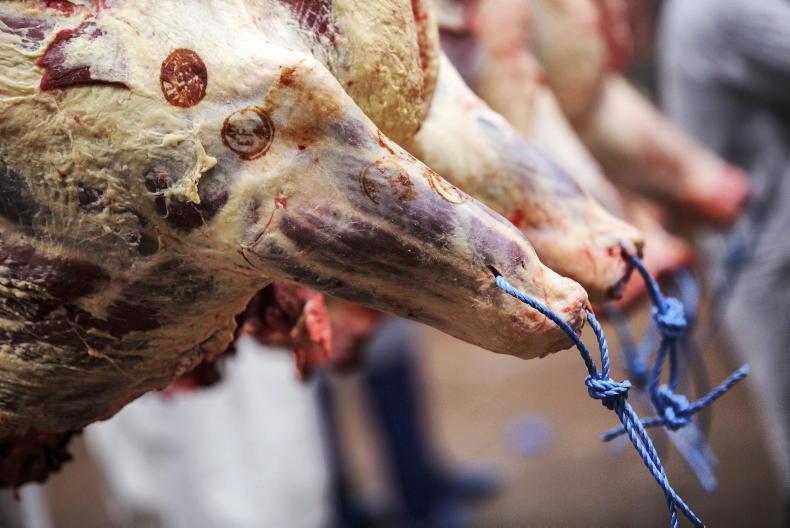

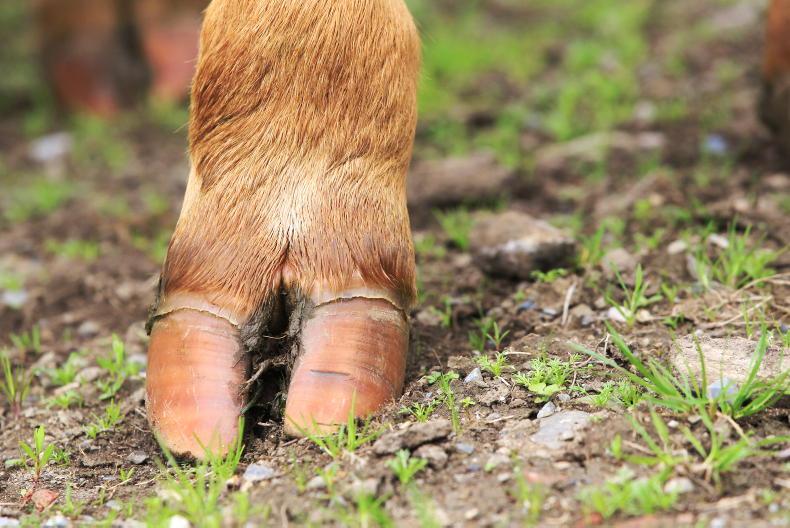

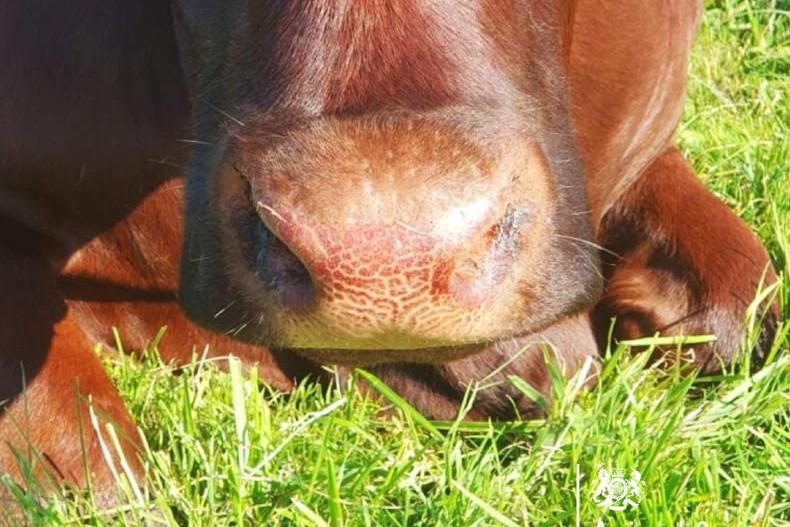
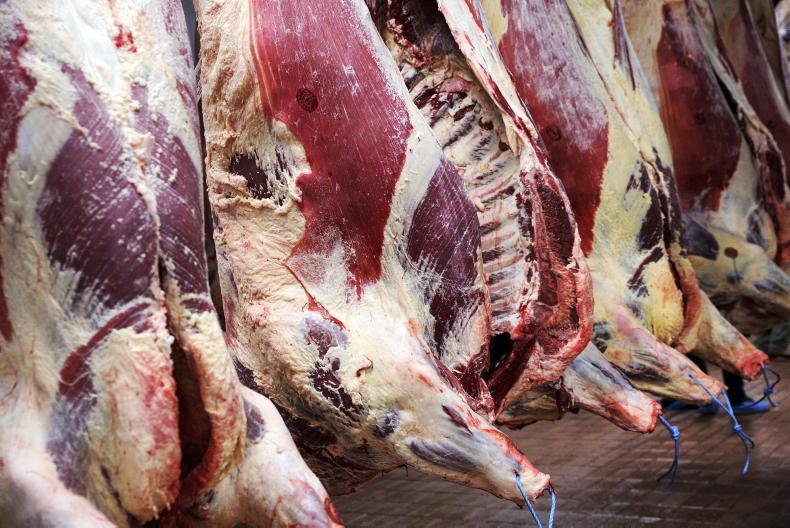
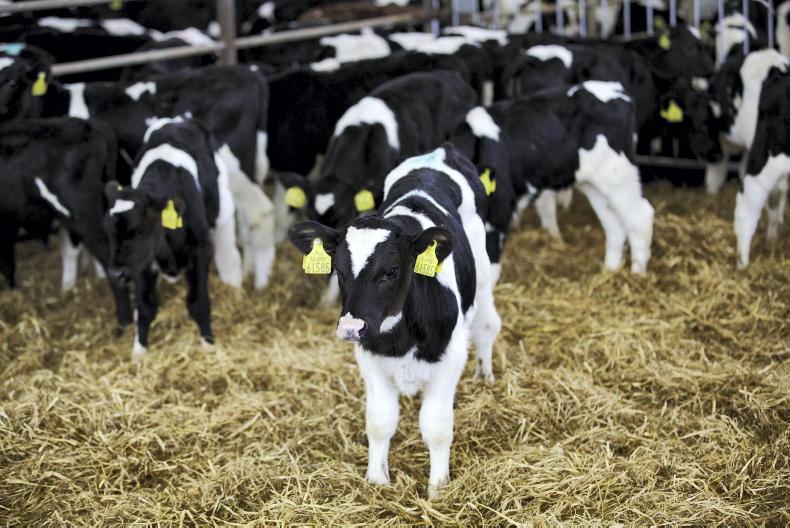
SHARING OPTIONS